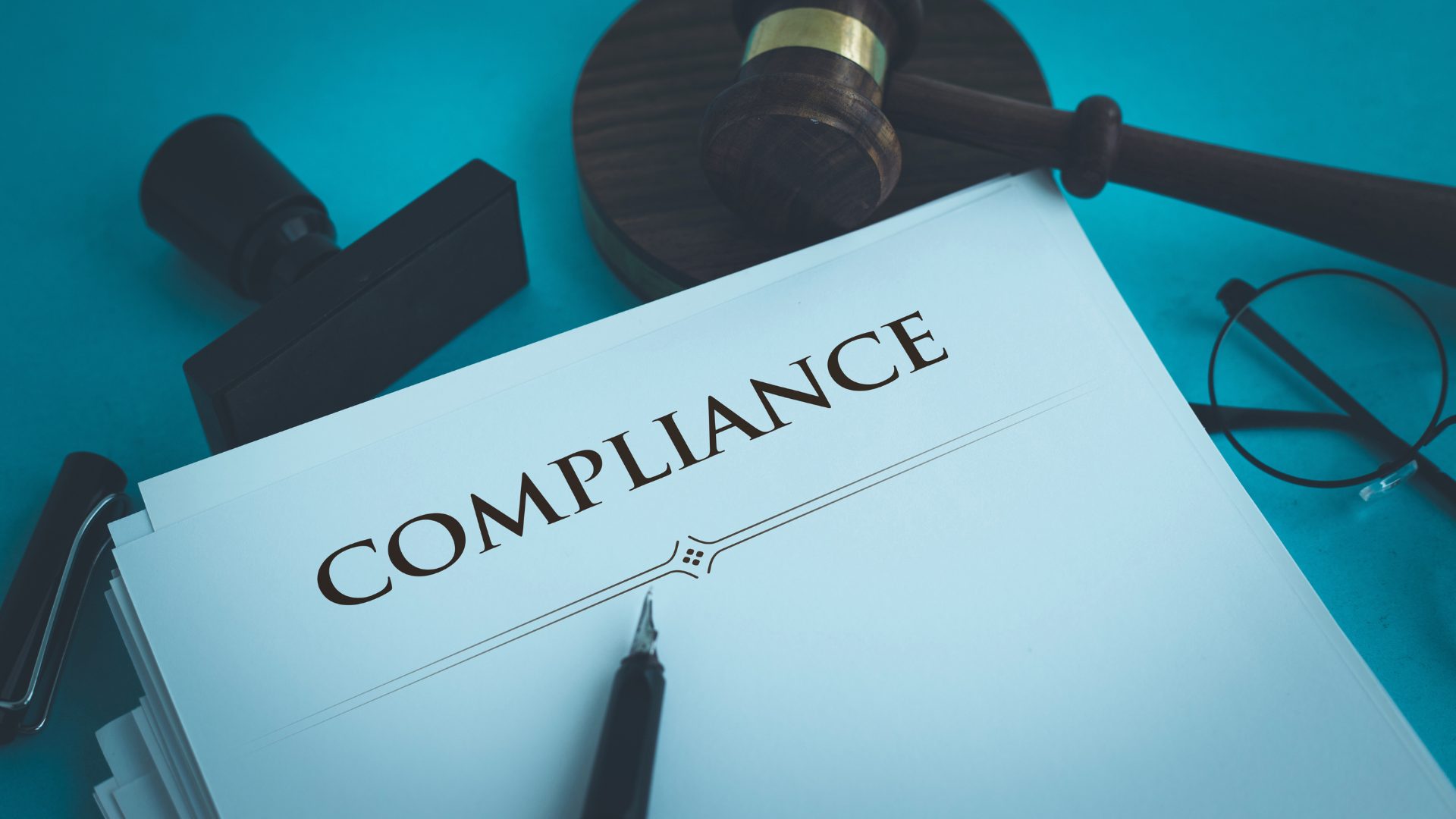When an employee is fired while on medical leave, it raises important questions about their rights and protections under the law. Many workers may not realize that they are often protected from termination during this time, depending on various factors such as the reason for their leave and the length of their employment. Understanding these rights is crucial for anyone facing this difficult situation.
Employees should be aware that laws such as the Family and Medical Leave Act (FMLA) provide certain protections against job loss for eligible workers. Being informed about specific rights can empower individuals to take appropriate action if they believe their termination was unjust or unlawful.
Navigating the complexities of employment law can be challenging. Knowing what rights exist allows individuals to better advocate for themselves and seek legal recourse when necessary. Awareness and preparation can make a significant difference in the outcome of such cases.
Understanding Medical Leave Laws
Medical leave laws are essential for protecting employees during times of medical need. These laws ensure job security and outline specific rights for workers who must take leave due to health issues.
Family and Medical Leave Act (FMLA) Overview
The Family and Medical Leave Act (FMLA) allows eligible employees to take up to 12 weeks of unpaid leave per year. This leave can be used for serious health conditions, the birth of a child, or to care for a seriously ill family member.
To qualify, an employee must have worked for a covered employer for at least 12 months and logged 1,250 hours in that period. Employers cannot retaliate against employees for taking FMLA leave, and they are required to maintain health benefits during this time.
FMLA provides job protection, meaning the employee is entitled to return to the same or an equivalent position after leave. This law applies to all public agencies and private employers with 50 or more employees within a 75-mile radius.
State-Specific Medical Leave Regulations
In addition to federal laws, many states have their own medical leave regulations. These laws can vary widely in terms of duration, eligibility, and pay.
Some states offer paid medical leave, while others provide unpaid leave. States like California and New York have enacted laws that support paid family leave, allowing employees to receive partial wages during their time off.
Employees should review their state’s specific laws to understand their rights. Resources such as the state labor department websites can provide valuable information. It’s crucial to know both federal and state protections to ensure proper guidance during medical leave situations.
Employee Rights During Medical Leave
Employees on medical leave are entitled to specific rights that protect their job security and provide necessary accommodations. Understanding these rights is crucial for employees facing job loss while managing health issues.
Right to Unpaid Leave
Under the Family and Medical Leave Act (FMLA), employees are entitled to take up to 12 weeks of unpaid leave for certain medical conditions. This leave applies to both the employee’s health issues and those of immediate family members.
- Eligibility Requirements: To qualify, an employee must work for a covered employer and have spent at least 1,250 hours at the job within the previous year.
- Notification: Employees must notify their employer with adequate notice, usually 30 days ahead if the leave is foreseeable.
Employers cannot require employees to use their paid time off during this leave, though employees may choose to do so.
Job Protection During Leave
Job protection is a critical aspect of medical leave. Employees on FMLA leave must be restored to their original job or an equivalent position upon their return.
- Prohibition of Discrimination: Employers cannot retaliate against employees for exercising their rights under FMLA. This includes firing, demoting, or financially harming them for taking leave.
- Maintenance of Benefits: Health benefits must be maintained during the leave period. Employees should receive the same health insurance at the same cost as if they were actively working.
Employers are required to follow these regulations strictly to ensure the rights of employees are upheld during their medical leave.
Legal Protections Against Wrongful Termination
Employees who are fired during medical leave may have legal recourse if their termination was unlawful. Understanding discrimination and retaliation protections can help safeguard their rights.
Discrimination Laws
Federal and state laws prohibit discrimination based on medical conditions, including illnesses that require leave. The Americans with Disabilities Act (ADA) protects individuals with disabilities from being terminated due to their health status.
Employers must provide reasonable accommodations and are not allowed to fire employees simply because they are on medical leave. If an employee can demonstrate that their dismissal was due to a medical condition, they may pursue a claim for wrongful termination.
Violations can result in legal repercussions for employers, including compensatory damages. Employees may seek remedies through the Equal Employment Opportunity Commission (EEOC) or relevant state agencies.
Retaliation and Whistleblower Protections
Employees are protected from retaliation if they exercise their rights related to medical leave. Termination due to reporting unsafe work conditions or requesting accommodations can constitute unlawful retaliation.
Laws such as the Family and Medical Leave Act (FMLA) impede employers from dismissing employees for taking eligible leave. If an employee is fired shortly after filing a complaint or taking leave, this may indicate retaliation.
Whistleblower protections are in place to safeguard individuals who report legal violations. If retaliation is established, employees may pursue claims and seek damages against their employer.
Navigating Termination During Medical Leave
When an employee faces termination during medical leave, it can be a complicated situation. Understanding the steps available to appeal the decision and the importance of legal counsel is crucial for protecting one’s rights.
Steps to Appeal Termination
Employees should take immediate action if they believe their termination during medical leave was unjust. The first step is to review the employer’s policies regarding medical leave and termination. This helps identify any inconsistencies with company guidelines.
Next, compiling documentation is essential. This includes medical records, termination letters, and any correspondence with the employer. Keeping detailed records can support the appeal.
After gathering the necessary information, the employee should formally appeal the termination. This typically involves submitting a written request to the HR department, outlining the reasons for the appeal and including all supporting documentation.
Lastly, seeking assistance from a support organization, such as a union or advocacy group, can provide additional guidance and resources.
Seeking Legal Counsel
Engaging a legal professional is vital when navigating termination during medical leave. An attorney specializing in employment law can clarify an employee’s rights and potential legal options.
Initial consultations with legal counsel are often available at no cost. During these discussions, the employee can present their situation and inquire about the merits of their case.
If the attorney determines that the termination violated any laws, they can assist in filing a complaint with the Equal Employment Opportunity Commission (EEOC) or pursuing litigation, if necessary.
Legal counsel can also help negotiate settlements or represent the employee in any hearings related to the termination. Seeking professional advice early on can significantly affect the outcome of the case.




